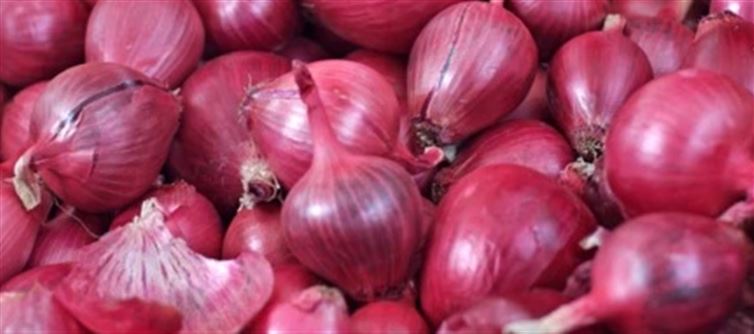
Food was more than simply a means of sustenance back then; it was also reassuring and simple. What about now? It feels like a challenging science experiment to chop an onion. You're cutting it up one minute, and then your eyes and nose begin to sting and tingle respectively. But why do we cry when we see onions? Unbelievably, the emotional response is a survival mechanism rather than a personal one.
As lowly bulbs that grow underground, onions share their environment with insects and voles that attempt to nibble on them. As a result, nature created onions as a defense mechanism. When you cut, chop, or chew an onion, a series of reactions are set off that result in a new chemical called "syn-propanediol S oxide," which is a gas that swiftly rises to the surface of the atmosphere and reaches your eyes.
This gas creates a moderate sulfuric acid, which is what impacts the moisture in the eyes. In this biochemical battle, not all onions are made equal.
Yellow onions are among them. Sulfur compounds are more abundant in red and white onions. The purpose of the tear-jerking defense is to prevent animals from munching on onions in the wild, but it also affects humans. We now know that the reaction causes tears in the eyes, but how can we stop sobbing while slicing or chopping onions?
Here are some pointers! Let the onions cool: Before chopping, just place the onions in the freezer for approximately half an hour because the enzymes that cause the chemical reaction are slowed down by freezing temperatures. Make use of a sharp blade: It is said that a sharp knife produces cleaner cuts, which lessens the need for chemicals. Watery eyes result from the release of more enzymes and sulfuric chemicals when onion cells are crushed by dull blades.
Eye protection or shielding: people who wear contact lenses have been found to experience reduced irritation because the lenses protect the surface of the eye. Add acid: You can easily change the cutting board's pH by adding a little lemon juice or vinegar, which will inhibit the activity of the enzymes and lessen the onion reaction. Onions remain an essential component of cooking despite all the mess they may make. The foods are great because of their strong, rich flavors. You can handle this kitchen essential by using a few easy culinary tricks and suggestions.




 click and follow Indiaherald WhatsApp channel
click and follow Indiaherald WhatsApp channel